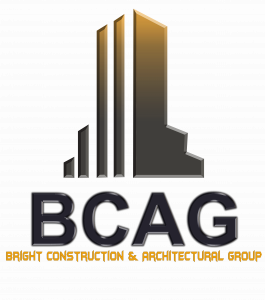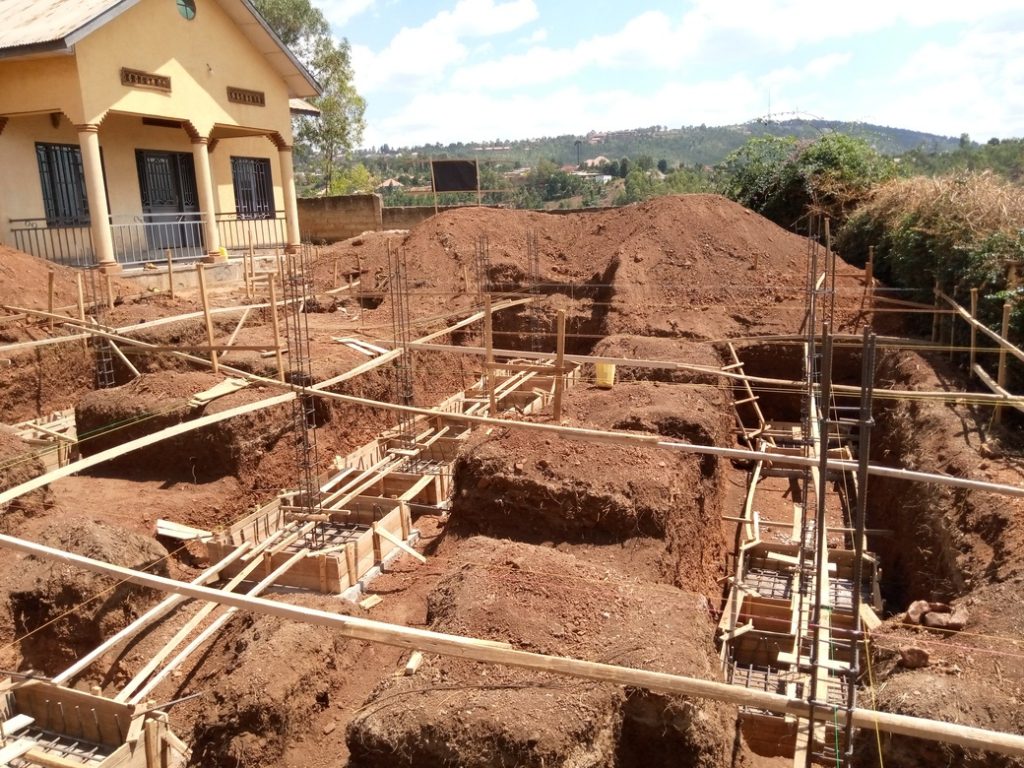Consultants are professionals, typically, appointed by the client to perform expert tasks on a project. This might include:-
- Providing advice on setting up and defining the project.
- Developing and co-ordinating the design.
- Preparing production information and tender documentation.
- Contract administration.
- Inspecting the work of contractors.
The members of the consultant team that are likely to be required on most projects are:
- Architect.
- Cost consultant.
- Services engineer.
- Structural engineer.
The client may wish to allocate the roles of lead designer and lead consultant to one or more of these consultants to co-ordinate the work of the rest of the team. It might also be appropriate to appoint a design co-ordinator for the co-ordination and integration of design prepared by specialist contractors, and an information manager for building information modelling.
During the early stages of a project, the client might appoint independent client advisers to give them independent professional advice. They might also appoint a project manager to represent the client and take responsibility for the day-to-day management of the project.
Other consultants who might be required on some projects include:
- Access consultant.
- Acoustic consultant.
- Approved inspector (for building regulations approvals).
- Archaeologist.
- Business management consultant.
- Chartered environmentalist.
- Client design adviser.
- Client’s representative.
- Civil engineer.
- Construction manager.
- Consulting engineer.
- Contract administrator.
- Ecologist.
- Employer’s agent.
- Employer’s BIM adviser.
- Environmental consultant.
- Facilities manager.
- Fire engineering consultant.
- Furniture, fixtures and equipment (FF&E) consultant.
- Health and safety consultant.
- Information and communications technology (ICT) consultant.
- Interior designer.
- Landscape architect.
- Local consultants with specialist knowledge of local procedures, culture, and so on.
- Lighting designer.
- Management contractor.
- Masterplanner.
- Party wall surveyor.
- Planning consultant.
- Programme consultant.
- Public health consultant.
- Rights of light surveyor.
- Security consultant.
- Site inspector (clerk of works).
- Specialist contractor.
- Structural waterproofing consultant.
- Surveyor.
- Transport/traffic engineer.
For consultants to work effectively as a team they should adopt collaborative practices as early in the project as possible. The requirement to adopt such practices should be included in appointment documents.



